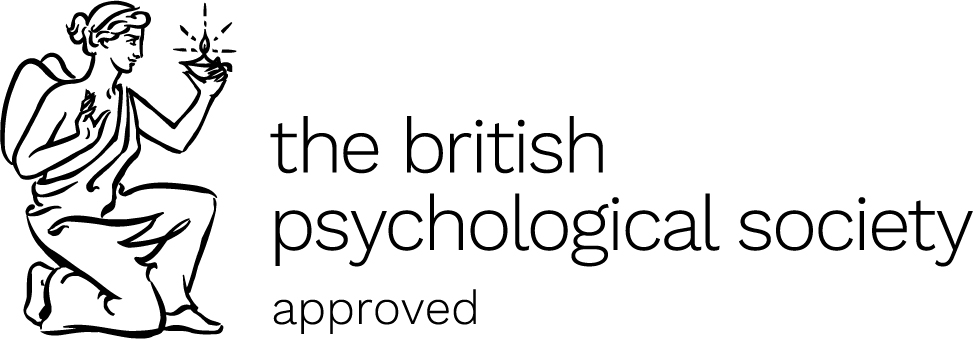
Course Brief
Many of our clients have negative beliefs about themselves, others and the world. They make negative predictions which inhibit them from flourishing and which maintain their anxiety, low mood or poor self-esteem. Behavioural experiments are a key technique for helping clients to discover the reality behind their beliefs and to achieve successful personal change. This practical one day course will enable delegates to learn how to successfully design and use behavioural experiments with their clients, hence adding a powerful psychotherapeutic tool to their armoury.
Grief Counselling and Grief Therapy have been strongly influenced over the last thirty years by “stage models” of grief – from Kubler-Ross onwards. However, over the last decade new therapeutic perspectives and research has seriously challenged some of the commonly held assumptions about grief & loss work and their therapeutic implications. Additionally there are particular factors about “traumatic grief” that provide particular challenges to the practitioner.
This course is part of the BPS Approved Certificate in Trauma Treatments. You can gradually build up your training portfolio by attending all the courses within the programme at the pace that suits you. All your training hours will be calculated, recorded in an individual validated log and accumulated towards your full Certificate.
Book Now:
- CLICK HERE TO BOOK THIS COURSE
- SPECIAL OFFER ON THE WHOLE CERTIFICATE:
Save, if you purchase the BPS Approved Certificate in Trauma Treatments as a whole. CLICK HERE TO CHECK THE CURRENT OFFER
Many of our clients have negative beliefs about themselves, others and the world. They make negative predictions which inhibit them from flourishing and which maintain their anxiety, low mood or poor self-esteem. Behavioural experiments are a key technique for helping clients to discover the reality behind their beliefs and to achieve successful personal change. This practical one day course will enable delegates to learn how to successfully design and use behavioural experiments with their clients, hence adding a powerful psychotherapeutic tool to their armoury.
Understanding the Nature of Traumatic Grief
- Sudden, unique or repeated forms of loss often create particular grief problems for clients
- Suicide, torture, violent forms of loss or simply those associated with high levels of conflict and emotion
- 7 key factors determining a client's loss experience
- Contributions of new psychological theories - from Stroebe's Dual Process Model to the contribution of Positive Psychology.
Working Effectively with Traumatic Grief Problems
- Specific issues relating to traumatic and multiple losses
- Working with repeated cognitive rumination and intrusive distressing thoughts and environments
- Managing recurrent anger and guilt within grief reactions.
- Do you treat the client’s trauma or their grief as a priority?
Therapeutic Interventions
- Developing a therapeutic strategy in grief work - options
- Research on how grief work can be harmful for some clients and what you should avoid doing
- The question of what the focus should be in cognitive work and how to be effective
- How to work with unreasonable guilt and resentment as well as “genuine causal guilt”
- Solution focused techniques for working with grief reactions
- Helping clients to reintegrate their view of themselves and their loss
Book Now:
- CLICK HERE TO BOOK THIS COURSE
- SPECIAL OFFER ON THE WHOLE CERTIFICATE: Save, if you purchase the BPS Approved Certificate in Trauma Treatments as a whole. CLICK HERE TO CHECK THE CURRENT OFFER
Title: New Approaches to Traumatic Grief and Loss (2 days)
Modality: Trauma Treatment
CPD Hours Attached: 14 CPD Hours
Book Now:
- CLICK HERE TO BOOK THIS COURSE
- SPECIAL OFFER ON THE WHOLE CERTIFICATE: Save, if you purchase the BPS Approved Certificate in Trauma Treatments as a whole. CLICK HERE TO CHECK THE CURRENT OFFER
Click here for the full SDS Accreditation terms for the BPS Approved Certificate in Trauma Treatments: https://skillsdevelopment.co.uk/certificates/trauma-certificate/ - Accreditation Tab.


